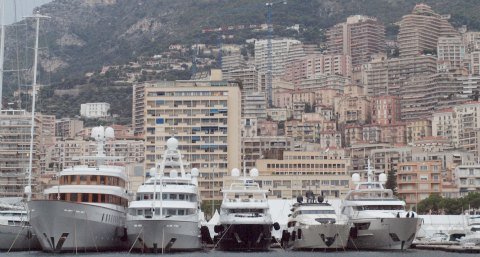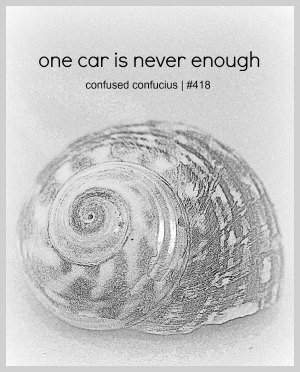Home | About CCW | Contact Us | Climate change Meaning | Causes | Solutions | Emissions | Carbon trading
Carbon footprint
Our carbon footprint is the amount of carbon dioxide released to the atmosphere as a result of us being who we are — it is our atmospheric legacy to the planet from doing what we do.
When we go about our daily lives we eat, drink, move around and consume a large number of goods and services.
Carbon dioxide and other greenhouse gases are released to the atmosphere in the manufacture, transport and energy generation needed to make our daily needs available to us.
When added together and converted to a carbon equivalent (tones of carbon dioxide) the carbon released to deliver all these goods and services is our carbon profile — yours, mine and ours.
An average American citizen has a carbon footprint of 19 tCO2e per year, whilst an average citizen of India has a carbon footprint of a little over 1 tCO2e per year.
The difference is because western lifestyles of large homes, vehicles, a high protein diet and technology require energy for manufacture and use. It is actually quite difficult to live in a modern city without using fossil fuel based energy. It is everywhere in the home, transport and in the goods we buy.
If you would like to know your own carbon footprint there many calculators available that will do a reasonable job of estimating the amount of carbon you and your family burn. There are even scientific reviews that compare different calculators.
In the end though there is not much you can really do about your footprint - you are, after all, a heterotroph. That is you are an organism that must eat carbon based food to fuel a chemical engine (your body) that releases carbon dioxide.
We are designed to consume carbon as carbohydrate, burn it chemically with oxygen to create energy and release carbon dioxide. In effect we are all small CO2 factories.
Clearly though, a meat eating driver of a SUV on his way to work in a big city will tread more heavily than a vegetarian cycling to work in downtown Mumbai.
Can I have a small carbon footprint?
A westerner may desire a small footprint, perhaps even one as small as those on the subcontinent, but realistically this is going to be hard.
Just consider the food we eat for breakfast.
Few of us grow our own food. It comes from far away, grown in fields that were cleared of vegetation, a process that released CO2 from the cleared plants and exposed soil. Many of these distant fields have, through years of tillage, also lost many tons of soil carbon from being churned up and exposed to the air and the sun.
The produce grown in the fields must be transported, often many miles, to a factory to be packaged, only to travel again to the shelves of the local store where the SUV must go to pick them up.
Every step requires energy and today much of this energy is generated from the burning of a fossil fuel; again releasing carbon dioxide to the atmosphere.
Whilst there are choices we can make to reduce the amount of carbon released by what we choose to eat for breakfast, it is hard to make this amount small.
This might surprise you
Careful analysis of your own carbon tread will be revealing.
Perhaps the biggest surprise in how hard it is to make substantive differences to your footprint. This will be especially true if you drive a car, have air conditioning on at home or in the office, or use air travel even occasionally.
Should you choose to give up all these things, there is still the embodied energy in your home and household goods. Your historic footprints are just as unavoidable.
Pragmatism suggests we cannot do much about these things in the short term. Carbon profiles will only get smaller when we shift to less carbon intensive energy sources, modes of transport and foodstuffs.
This is a big structural shift in society that is just beginning. Germany is nearly there and even China has a huge alternative fuel program.
But here is the thing.
It may take a generation for the footprint will get smaller... but the number of feet keep increasing.
Similar pages from climate-change-wisdom:
anthropogenic global warming | coal power | history of global warming | how to reduce climate change | transport and climate change
climate change wisdom › What causes climate change › carbon footprint
Confused Confucius spurned the monastic life for the world of work, moral conundrums and mobile devices. His sayings, questions and incongruous idioms on the environment and modern life bring delight and bafflement in equal measure... check out more Confused Confucius sayings.
Recent Articles
-
Reducing emissions while looking for solutions...
Nov 01, 15 04:46 PM
I've seen a lot of post's online for ideas on reducing emissions. The one suggestion I have not seen, is the most obvious. There should be a government -
Climate change evidence
Mar 24, 15 06:22 AM
Real climate change evidence has to demonstrate a change in climate. An extra sunny day or a severe storm or a flood is not enough. -
The climate change effect
Feb 19, 15 03:08 AM
What will be the climate change effect? There isn't one, there are many. Perhaps too many for us to understand.






New! Comments
Have your say about what you just read! Leave me a comment in the box below.